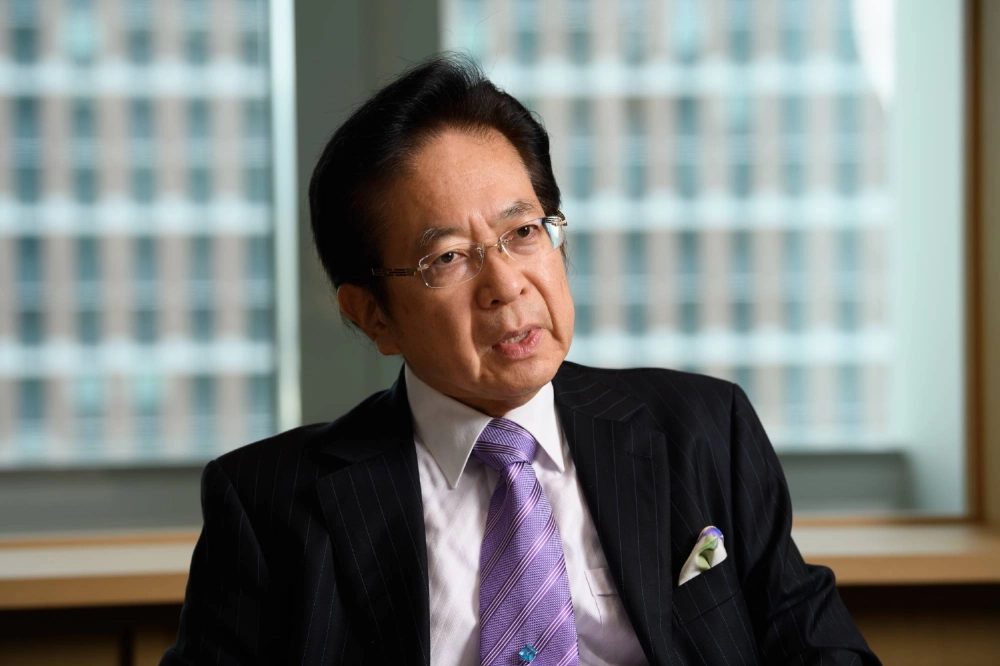A move by the Bank of Japan to raise interest rates this month would likely come too soon after the formation of Sanae Takaichi’s administration and would be better timed in December, according to one of her closest economic advisers.
"A rate hike in October is probably difficult in my view,” said Etsuro Honda, who advises Takaichi on economic policies, in an interview on Monday. "It depends on the macroeconomic environment, but I don’t see a problem if it’s raised by 25 basis points in December.”
Honda’s remarks suggest the likelihood of the BOJ waiting before raising its policy rate, despite earlier speculation of an October move, following Takaichi’s victory in the ruling party’s leadership race on Saturday.
















With your current subscription plan you can comment on stories. However, before writing your first comment, please create a display name in the Profile section of your subscriber account page.